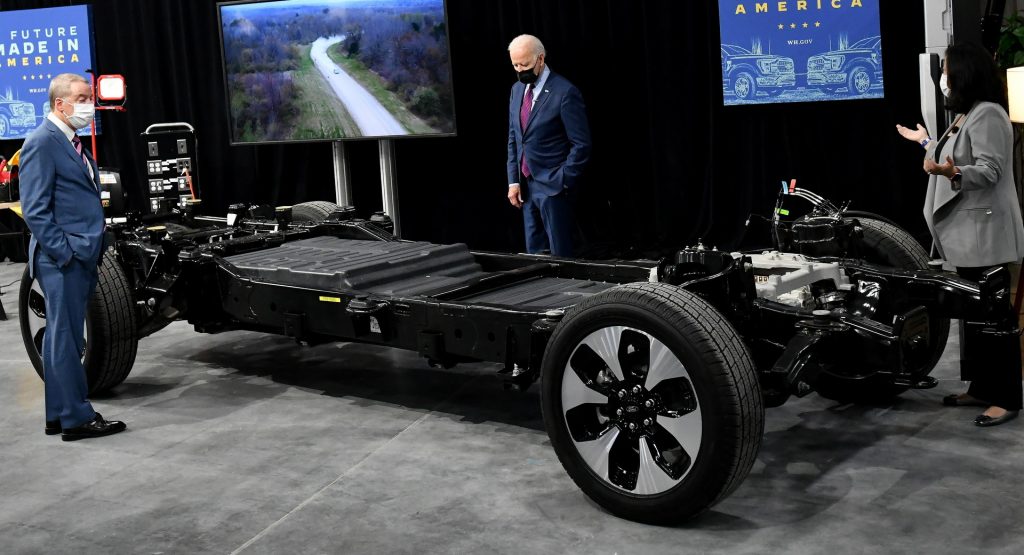As part of President Joe Biden’s push to increase electric vehicle adoption, the U.S. will invest in domestic recycling programs to ease the country’s dependence on costly minerals.
The minerals used to produce batteries for electric vehicles and electronics have long been the center of controversy because of their great environmental cost. With the mass adoption of EVs, the use of batteries will inevitably balloon and the source of their constituent materials, like cobalt, copper and lithium, will naturally come under scrutiny.
Reuters reports that, as part of the White House’s $174 billion EV initiative, it is receiving reports from various government agencies with suggestions on how to fill gaps in America’s supply chain. Finding ways to satisfy battery requirements while taking the environment into consideration and reduce dependence on China is important to the administration.
Read Also: Volkswagen Hopes To Recycle 90% Of The Materials In Their Batteries
Although the administration is investigating finding mineral supply in allied countries, government sources say that it is also looking into recycling and ways to reduce metal usage in new batteries.
“When you look at the way the U.S. has approached the recycling opportunity, what’s very evident is we need to invest in that capacity, we need to take a more proactive approach,” one administration official told Reuters. “A big part of the lithium opportunity is really recycling, and being a global leader in recycling the lithium from existing batteries and driving that into these new batteries.”
The advantages of recycling are manifold. Along with the lower environmental impact and reduced dependence on China, it would also help avoid the eight million tons of battery waste that government estimates suggest could otherwise make it into U.S. landfills by 2040.
The report also suggests that recycling could reduce the need for new copper sources by 55 percent, new cobalt and nickel sources by 35 percent, and new lithium sources by 25 percent.
The government sources pointed to a battery recycling plant being built in Mexico by China’s Ganfeng Lithium Co to support America’s battery requirements as an example of China’s interest in recycling batteries for the U.S. market. If America recycles its own batteries, it would also follow in the steps of Europe, which is considering clamping down on exports of metal waste to encourage more local recycling.
With the government also planning to invest in research into new battery chemistries that reduce the use of metal, the plan could be a greener way forward for EVs.






